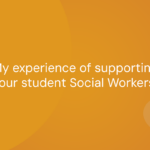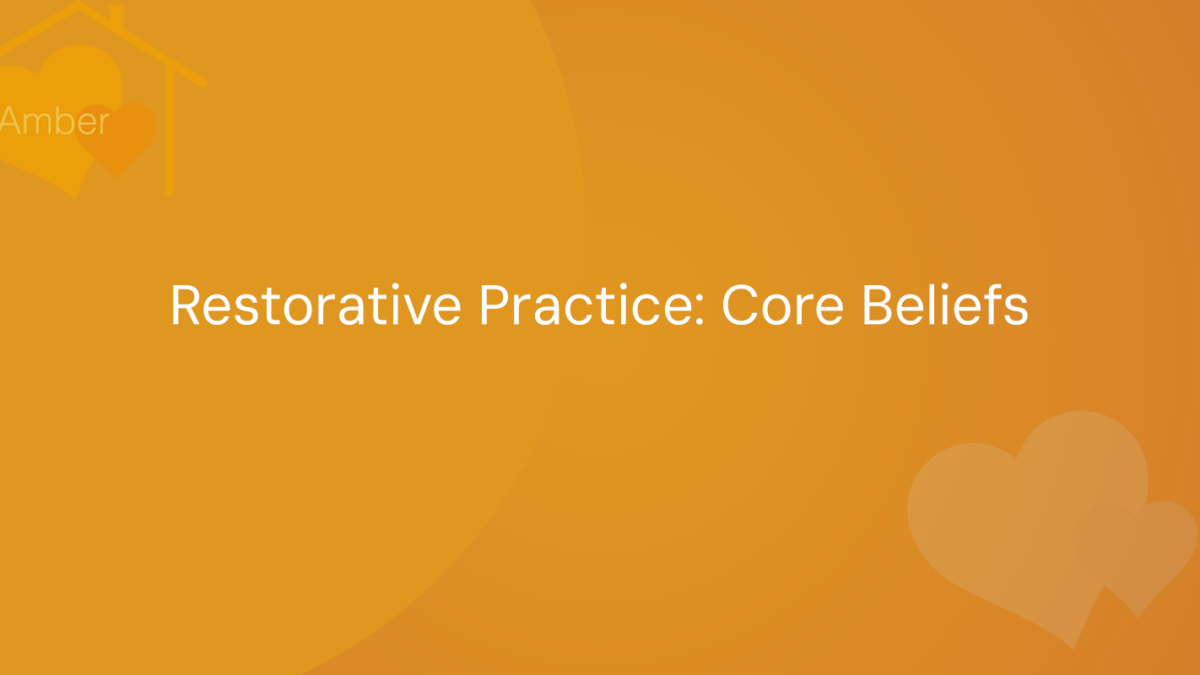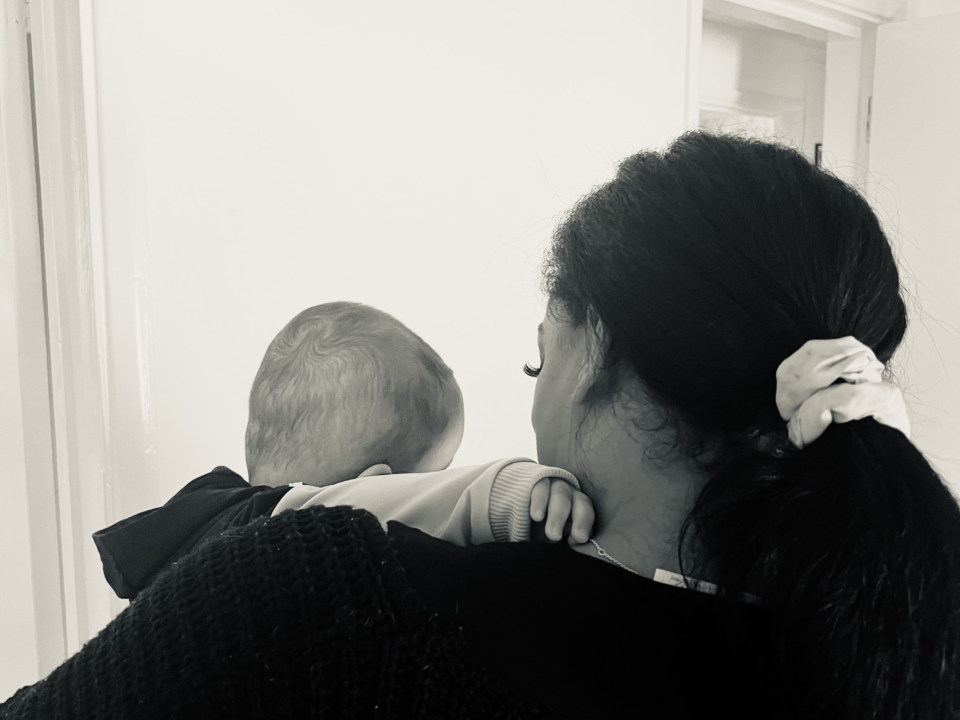
The benefits of volunteering.
01/06/2023
My experience of supporting our student Social Workers.
02/08/2023Emma Sutcliffe. July 2023.
At Amber Family, we work with parents who are often going through some of the most difficult and stressful times of their lives. We try our hardest to work with them in a way that promotes accountability in an environment of support. We do this by following Restorative Practices, which all our staff have completed training on, to deal with any conflict in a way that allows everyone to be heard in a safe environment. We have adapted the way we work to incorporate specific conversational and group processes into the day-to-day running of each Amber setting, to allow; everyone to be heard, meetings to become more efficient, relationships to be strengthened, and the general atmosphere to be as positive as possible for both staff and the families we work with.
The concept of restorative practices within the workplace has been made as an adaption of restorative justice in the legal system; in the way that we incorporate effective conflict management mechanisms for present conflicts, and utilise effective conflict prevention mechanisms for potential future conflicts. Whilst we don’t find it helpful to use established scripts to aid our restorative conversations, we do utilise the 5 core beliefs that underpin the Transforming Conflict model of restorative practice at Amber Family.
Core Belief 1: Unique and equally valued perspective
We believe that everyone, be it staff or parents we work with, has their unique perspective of situations or events that occur within our settings. As such, everyone deserves an opportunity to express their understanding of an event to feel respected, valued, and listened to.
Core Belief 2: Thoughts influence feelings
What we think at a particular moment influences how we feel at that time, which then shapes our behaviours. To have productive and meaningful interactions with others, it is important to recognise and share our, often underlying, thoughts and feelings, as well as take time to listen and begin to understand the feelings of others if they are comfortable sharing. Only then can we start to understand why we act in certain ways, as well as control our more impulsive behaviours.
Core Belief 3: Empathy and consideration for others
We must understand that our actions likely have consequences, and we can unknowingly impact those around us. To show those around us respect, we should consider the impact of our behaviours before we act. As well as this, if our actions do end up causing others harm, to maintain a positive relationship, we need to be open to listening to how we have impacted others. Then, if appropriate, we should try to fix any damage caused to the relationship.
Core Belief 4: Needs
We function at our best when our physical and emotional needs are met, especially when dealing with challenging situations. If these needs are not met, we tend to be less able to cope and may express negative behaviours as a direct result of these needs going unmet. Whether we are the individual who has caused harm, or been harmed, we still have similar needs. Until these needs are met for both individuals, the harm caused, cannot be repaired.
Negative behaviours are often what cause harm in relationships, and with these behaviours often being down to unmet needs; we must address these needs, and then find a way of making sure they are met in the future to avoid further harm. This is a vital part of restorative conversations that are had within Amber Family, and whilst it takes time to meet the parents’ needs productively, the positive outcome of doing so is important.
Core Belief 5: Attributing the ownership of problem-solving and decision-making to those most affected; working collaboratively with people.
We must include the individuals affected by a situation or event, in the decision as to what should happen going forward. Allowing them to be involved and giving them back the ‘ownership’ of the decision-making process inspires respect and trust, develops social skills, improves confidence, and even strengthens relationships.
These core beliefs apply to so many of the day-to-day interactions we have with the parents in our settings. I have found that utilising this approach provides a structure to our practice that ensures the families that we work with have a chance to reflect on their experiences and take responsibility for the decisions they have made. Furthermore, it helps them to feel more confident in productively tackling future decisions and potential challenges they may have to face. This gives the parents a bit more freedom and thus builds the confidence needed to prove they can meet their children’s needs independently.
One thing we were taught in our training was how to shape our practices by trying to consider the thoughts, feelings, and unmet needs behind everything the parents in our settings do or say. I believe that applying a restorative approach to our interactions within Amber Family is a vital part of ensuring that everyone is treated fairly.
I have found that this change in my mindset allows me to establish better working relationships with the parents; I believe it ensures I do not come across as judgemental. It is something I now try to carry over all aspects of my job, as well as the interactions and relationships I have outside of work.


